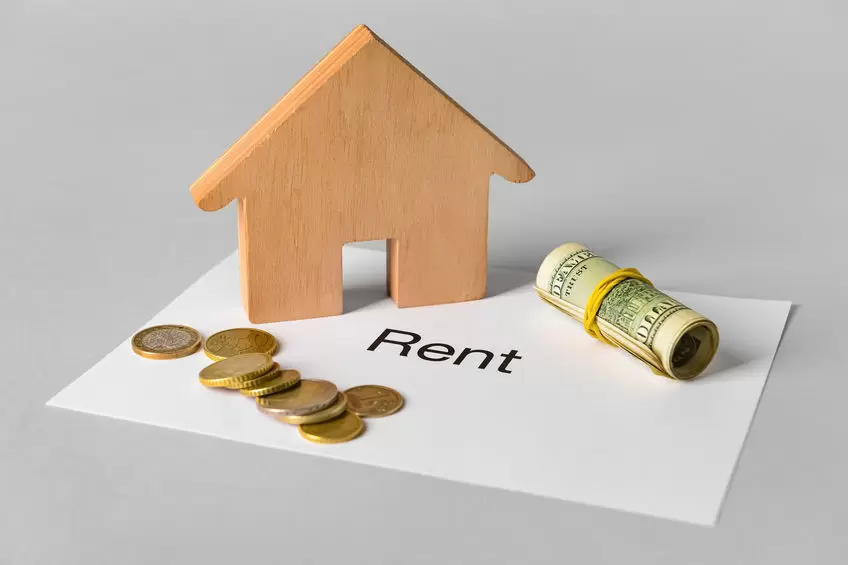
A partial rent payment occurs when one of your tenants pays only a portion of their monthly rent. So, for example, of a tenant’s rent is $1200 a month, but they only pay you $800, this would be a partial rent payment.
While a tenant should be able to pay their full rent each month, there may come a time when they are not able to. So, what should you, as the landlord, do?
Should you accept the partial rent payment?
The first question you’ll be asking yourself is if you should accept the partial payment at all.
If handled correctly, there is nothing wrong with accepting a partial rent payment. However, you should only do so if this is the first time this is occurring and if you haven’t already filed for an eviction. If you accept a partial payment during an eviction process, then you may have to restart the entire eviction process.
However, if you have not filed for eviction and this is the first time a tenant has asked to do a partial rent payment, then make sure you have your tenant sign an Agreement for Delayed or Partial Rent Payment. This will ensure your tenant will pay the remainder of the rent by a certain date.
What to do if you accept the partial rent payment
If you decide to accept your tenant’s partial rent payment, ensure you set some rules. These include the following:
- Set a due date
- Include late fees
- Document the partial payment
- Sign an Agreement for Delayed or Partial Rent Payment
What to do if you do not accept the partial rent payment
If you do not accept your tenant’s partial rent payment, here is what you should:
- Inform the tenant of the refusal
- Set a due date for the full rent payment as well as applicable late fees
- Consider additional consequences, such as eviction
Landlords should not deal with a partial rent payment alone. Contact the Law Offices of Aaron D. Cox to learn how we can help you handle a partial rent payment.
